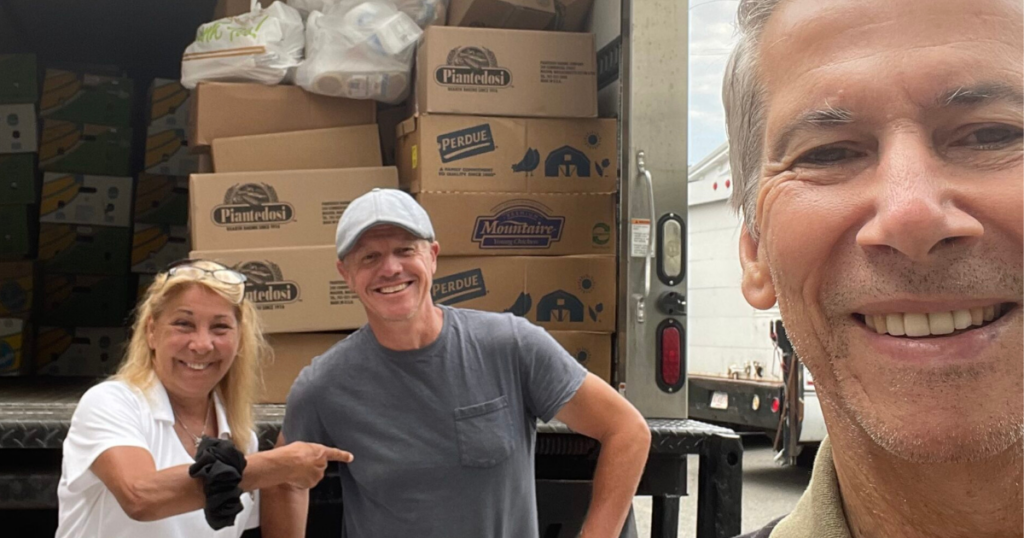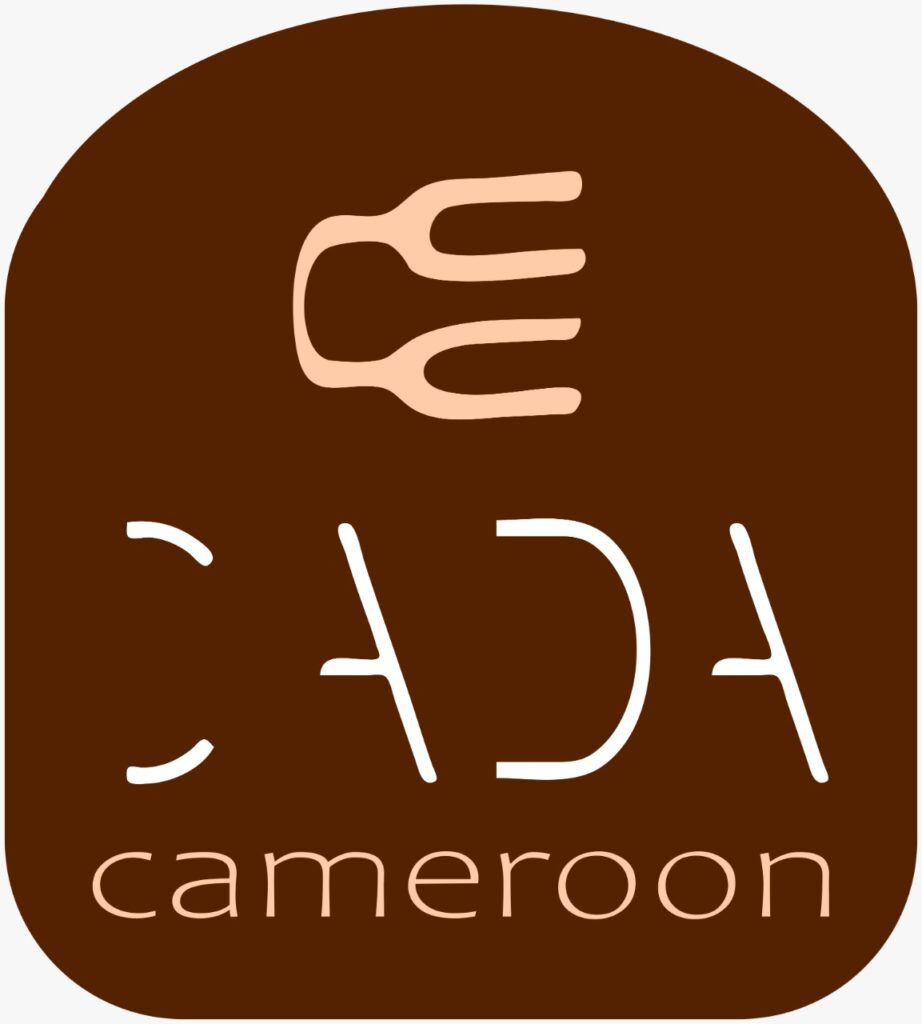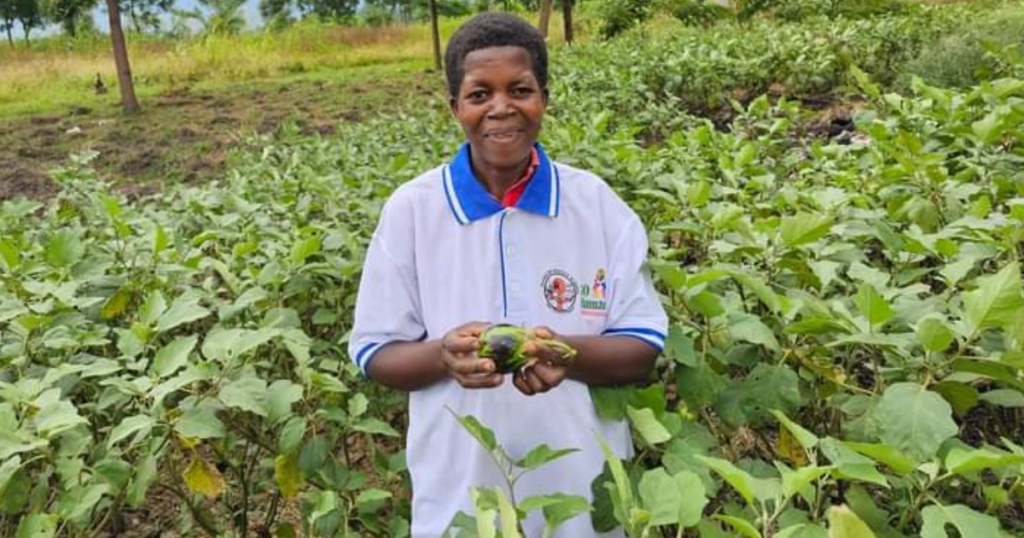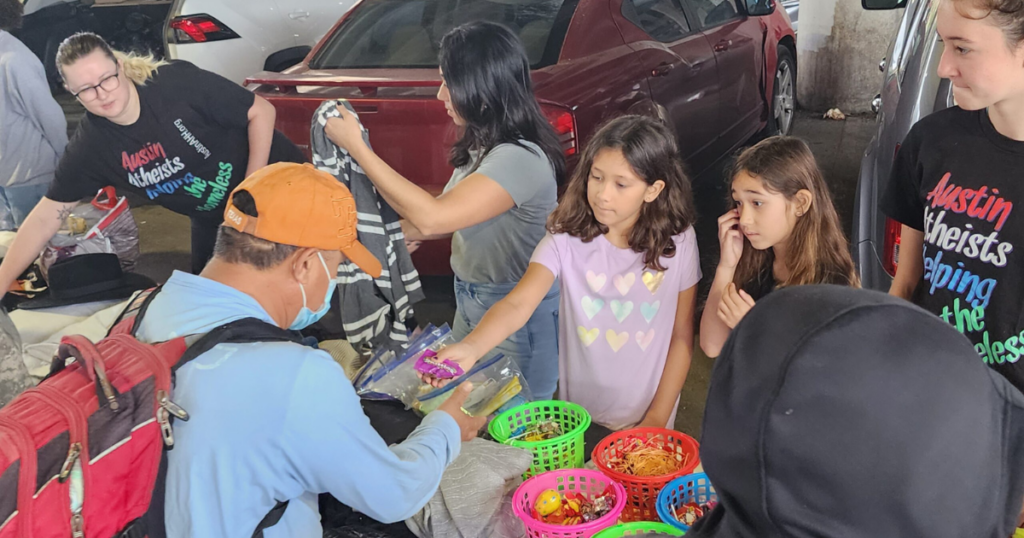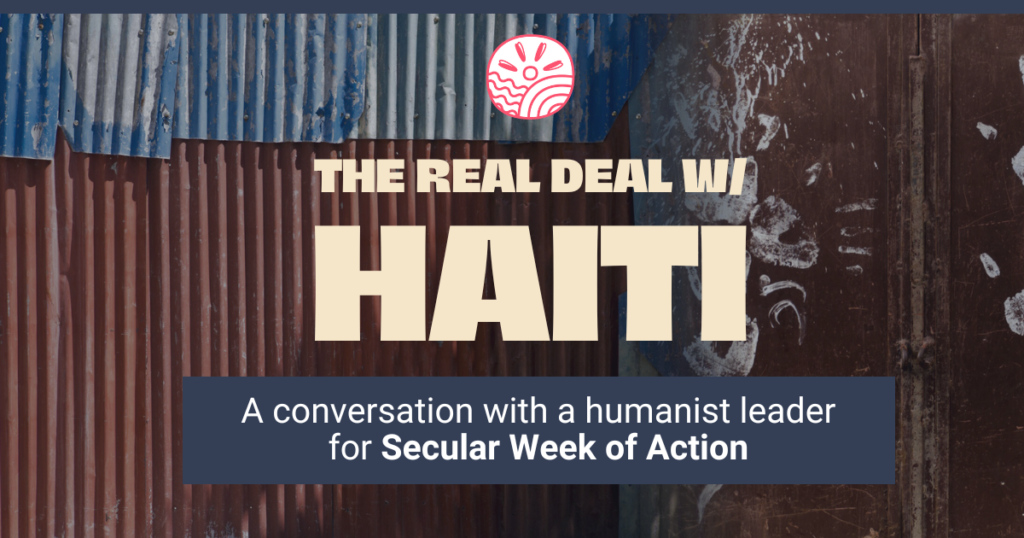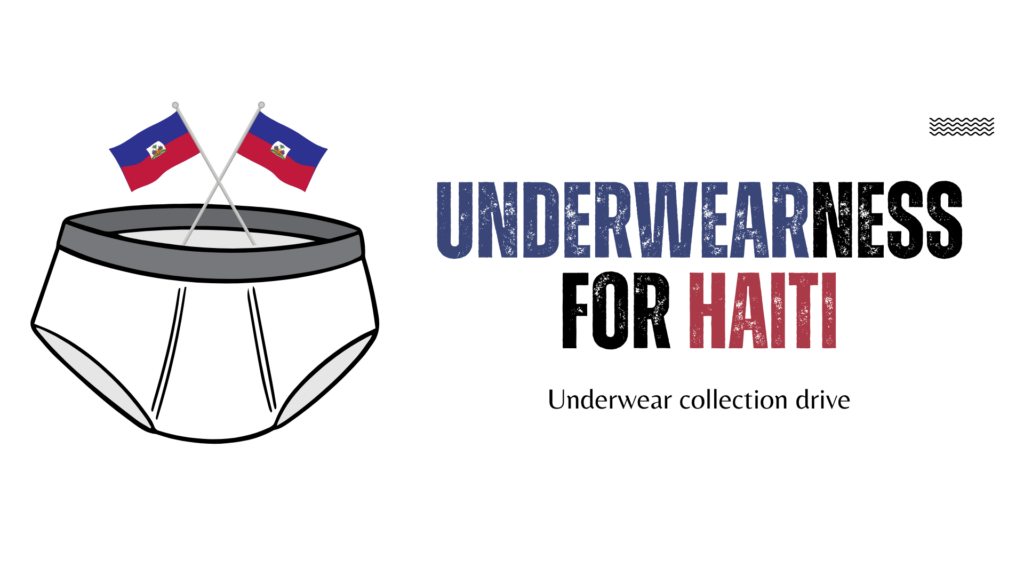Search results for: youth
The Ali Forney Center: New program offers unique support to homeless youth

By Stephanie Jackson Ali, LMSW
I was able to sit down for a phone conversation with Ali Forney Center’s Deputy Executive Director of Programs Heather Gay to discuss AFC’s programs in general and, more specifically, the Learning, Education, Advancement and Placement (LEAP) program Foundation Beyond Belief is supporting this quarter. Heather spoke to us about the founding of the program this past fall, program goals and early successes, and the needs of the program for the future.
A Little More About Ali Forney Center
Ali Forney Center was founded in 2002 as a response to a lack of safe places for homeless youth. Youth coming to AFC range from 16 to 24 years old and are of any gender. Of AFC’s three major programs, the Drop-In Center in Harlem is the busiest. Open seven days a week, the center is the first point of contact for all youth and includes staff conducting street outreach, a medical team, a health insurance counselor, a psychiatrist, and a weekly drop-in legal team. Most youth making contact with AFC are also in need of housing and may be connected to one of the other major programs: emergency housing, which provides crisis beds for up to three months while long-term housing is found, and transitional housing, where clients stay while finding full-time jobs or attending work and/or school. All clients are also provided with savings accounts and life skills workshops, but the main priorities remain safe housing, clothing, and food.
The LEAP Program
The LEAP program is housed within the Drop-In Center in Harlem. It focuses on clients who have been stabilized in housing, are under 21, and have some form of criminal activity in their background. The idea of the program, which was funded by a grant from the Department of Labor last fall, is to divert youth away from crime back to employment and/or school.
The goals of the program are three-fold: 1) to improve employment readiness, 2) to educate enrollees, 3) to build community connections through service learning. A student is considered to have completed the program when he or she has passed the National Work Readiness Exam, obtained a diploma or GED, completed a service-learning experience, and found employment or is seeking higher education.
Who They Work With
The program partners with other local New York agencies, including the YES Program, which offers a service-learning project, and the Hetrick-Martin Institute, which assists with GED classes. On-site at the Ali Forney Center, there are life skill classes (including resume and interview preparation).
The next steps for the staff of Ali Forney Center are to continue to build the internship and employment opportunities for those in the program. Currently, opportunities with the Coalition for the Homeless have been popular—they’ve offered both internships in the agency and some positions in the tech field. Also popular have been opportunities with Parsons School of Design, which provides on-site workshops, include sewing and drawing skills, for the many clients interested in jobs in the fashion world.
The goal for staff is that internships will be something unique for each participant. Currently, participants are encouraged to find postings they’re interested in, go out, and interview for the position they want. Continuing to develop new partnerships with agencies for internships would allow for new opportunities for internships (both paid and unpaid), more jobs, and better skill and resume building for those enrolled in the program, Gay said. It also gives students the critical chance to meet people from new walks of life and in industries they are interested in, which could lead to something long-lasting.
Early Success
According to Gay, cohorts for the program begin every two months. The first cohort was small: Only eight started. Two of those passed the exam already and are in the next step—the service-learning project. Four more have passed the work-readiness exam. The program is designed to take anywhere from four to six months, depending on a student’s education history. Gay sees the program continuing to great success. She shared a story of one student in the program who is not only applying for jobs after passing the exam, but colleges as well.
You can learn more about Ali Forney Center by visiting their website or following them on Facebook or YouTube.
Ali Forney Center helps homeless LGBTQ youth find stability
 By Stephanie Jackson-Ali, LMSW
By Stephanie Jackson-Ali, LMSW
Foundation Beyond Belief is proud to announce this quarter’s Human Rights beneficiary, Ali Forney Center, the first beneficiary selected through our new Request for Proposal system. (You can learn more about our RFP process here.) The RFP process allows us to gather more specific information from an organization, including a specific area or program that our grant would fund. This quarter, donations from FBB members will support Ali Forney Center’s LEAP program.
The Ali Forney Center, based in New York City, helps homeless lesbian, gay, bisexual, transgender, and questioning (LGBTQ) youth be safe and independent as they move from adolescence to adulthood. The center is named after Ali Forney, a gay and transgender homeless youth killed in 1997 at the age of 22 after living on the streets for nearly 10 years. Ali had been an advocate for other homeless youth before his death. His killer was never found.
The Ali Forney Center has three major programs, with supportive, wrap-around services that accompany those programs. The Day Center serves as intake and offers street outreach, case management, HIV testing, medical care, employment assistance, and referrals to their other larger programs: transitional and emergency housing.
Also encompassed in this center are psychiatric supportive services and workshops on issues that affect the youth, including family counseling to encourage rehabilitation and reunification where possible.
The Center’s housing programs put a great deal of focus on preparing residents to live independently after their time in the program is over. Residents are assisted in finding and maintaining employment as well as pursuing education. Emergency housing is available for up to six months while residents seek permanent housing, and transitional housing is available for up to two years.
Ali Forney Center has a number of worthy projects to support, but their grant from FBB will be dedicated to their Learning, Employment, Advancement, and Placement (LEAP) program. This program assists homeless youth with career and educational advancement. Funding from FBB will assist 175 clients with needs such as professional attire for interviews, college application fees and expenses, and credentialing expenses.
The Ali Forney Center not only helps LGBT youth escape homelessness, but empowers them with skills to stay off the streets permanently. They also have created a model that can be replicated in cities across the country working to support homeless youth. For this, FBB is proud to make Ali Forney Center our first RFP grant recipient and our current Human Rights beneficiary.
Read MoreBSLA helps at-risk youth attend a four-year college
Foundation Beyond Belief selected the Black Skeptics of Los Angeles’ First in the Family Scholarship Fund to receive a Small Grant last quarter. BSLA shared this report about how the grant will be used to help at-risk youth attend college.
 Black Skeptics of Los Angeles’ First in the Family Humanist scholarships will be awarded to four youth from the South Los Angeles area in July 2013. Homeless, undocumented, foster care and LGBTQ youth are eligible to apply. These youth are historically underrepresented in the four-year college-going population and face considerable obstacles in college preparation, financial aid, retention and graduation. According to the Institute for College Access and Success, foster care youth who age out of the system are especially vulnerable to incarceration, homelessness and unplanned pregnancy. Across the board, students who are the first in their immediate families to go to college and don’t have support systems to build personal confidence and academic readiness are at greater risk of dropping out. BSLA has partnered with teacher-resource providers like Melanie Andrews, Angela Rodriguez, and Shirley Van der Plas of Washington Prep High School; Debbie Wallace and Diane Schweitzer of Gardena High School; Tabitha Thigpen of King-Drew Medical Magnet; and Marlene Carter of Dorsey High School. It is largely because of the efforts of these unsung teachers, mentors, health providers, and scores like them that homeless, foster care, undocumented, and LGBTQ seniors make it to college. The BSLA scholarship fund is designed to address high drop-out and low college-going rates in South Los Angeles schools (according to the Los Angeles Unified School District annual “report card,” Washington Prep has a 44% graduation rate and Gardena has a 52% graduation rate, far lower than the district average).
Black Skeptics of Los Angeles’ First in the Family Humanist scholarships will be awarded to four youth from the South Los Angeles area in July 2013. Homeless, undocumented, foster care and LGBTQ youth are eligible to apply. These youth are historically underrepresented in the four-year college-going population and face considerable obstacles in college preparation, financial aid, retention and graduation. According to the Institute for College Access and Success, foster care youth who age out of the system are especially vulnerable to incarceration, homelessness and unplanned pregnancy. Across the board, students who are the first in their immediate families to go to college and don’t have support systems to build personal confidence and academic readiness are at greater risk of dropping out. BSLA has partnered with teacher-resource providers like Melanie Andrews, Angela Rodriguez, and Shirley Van der Plas of Washington Prep High School; Debbie Wallace and Diane Schweitzer of Gardena High School; Tabitha Thigpen of King-Drew Medical Magnet; and Marlene Carter of Dorsey High School. It is largely because of the efforts of these unsung teachers, mentors, health providers, and scores like them that homeless, foster care, undocumented, and LGBTQ seniors make it to college. The BSLA scholarship fund is designed to address high drop-out and low college-going rates in South Los Angeles schools (according to the Los Angeles Unified School District annual “report card,” Washington Prep has a 44% graduation rate and Gardena has a 52% graduation rate, far lower than the district average).
The scholarships will provide under-represented students with funding for books and other supplies, in addition to room, board, transportation expenses, and assorted tuition fees.
The support of secular allies is an important step toward making secular, atheist, and humanist social justice organizing visible in communities of color where there is little to no history of an activist non-believer presence. Foundation Beyond Belief provided a $1,000 grant to the initial fundraiser for these scholarships last quarter.
Read MoreFBB’s Child Welfare beneficiary promotes youth service
 generationOn, our Child Welfare beneficiary for Q1, partnered with the PS 57 James Weldon Johnson School in East Harlem on Martin Luther King Day to engage youth and family volunteers in a day of service that bridges social, economic and cultural differences and illuminates the actions that all people can take to help create King’s “beloved community.”
generationOn, our Child Welfare beneficiary for Q1, partnered with the PS 57 James Weldon Johnson School in East Harlem on Martin Luther King Day to engage youth and family volunteers in a day of service that bridges social, economic and cultural differences and illuminates the actions that all people can take to help create King’s “beloved community.”
Over 500 youth and family volunteers attended the event at PS 57, including New York City Schools Chancellor Cathie Black, who spoke to the young volunteers about the importance of helping others and giving back.
Over 21 project and activity stations were set up throughout the school with 39 nonprofit partners participating as volunteer leaders. More than 26,000 items were created and donated back to the community.
With service learning and volunteer action at its core, generationOn is a global youth service movement mobilizing children to solve real world problems through community service.
Learn more about generationOn
Read More
July Volunteer Network Roundup!
Teams in our Food Security Project (FSP) reported 52 events in July, serving 13,579 individual beneficiaries and giving out 13,579 meals! Additional GO Humanity Service Teams held 12 service events. Year to date, that makes 106,305 individual known beneficiaries served at 481 events, and 124,711 meals/kits distributed!
Read MoreCollective Arts Development Association(CADA)
Team’s introduction: “As a result of the political instability in the Northwest and Southwest of Cameroon, most schools and villages have been burned down, not leaving out economic infrastructures. This situation has led to increase numbers of youth school drop outs, internally displaced, youth unemployment, involvement in drug use/abuse and crime. “Our project aims to…
Read MoreJune Volunteer Network Roundup!
Teams in our Food Security Project (FSP) reported 52 events in June, serving 14,316 individual beneficiaries and giving out 23,011 meals! Additional GO Humanity Service Teams held 12 service events. Year, to date, that makes 92,486 individual known beneficiaries served at 414 events, and 79,293 meals/kits distributed!
Read MoreApril Volunteer Network Roundup!
Teams in our Food Security Project (FSP) reported 48 events in April, serving 16,169 individual beneficiaries and giving out 20,263 meals! Additional GO Humanity Service Teams held 17 more service events.
Read MoreHear the Real Deal w/ Haiti for Secular Week of Action!
Despite the seriousness of the situation and the danger leaders are facing, GO Humanity’s two GO Teams in Haiti are hard at work improving their communities.
Read MoreGuide: Organize an underwear collection
Collections offer opportunities for everyone in your community to participate. If someone has money and no time, they can make purchases. If someone has time but no money, they can volunteer to organize the collection and send the items. Collections can be done on their own or as part of another event. What to collect…
Read More
